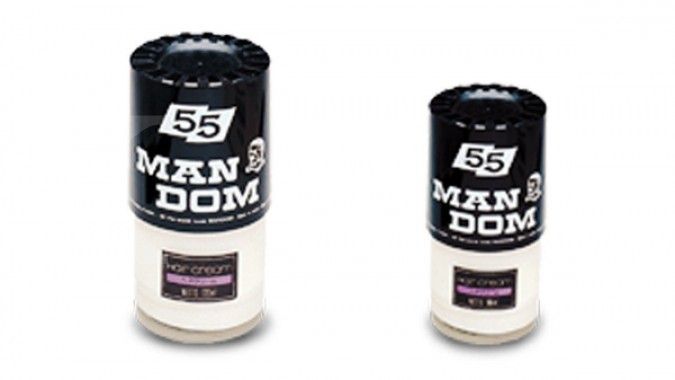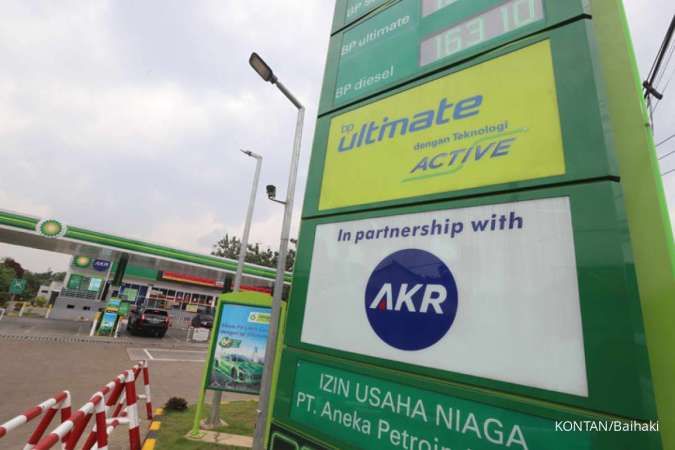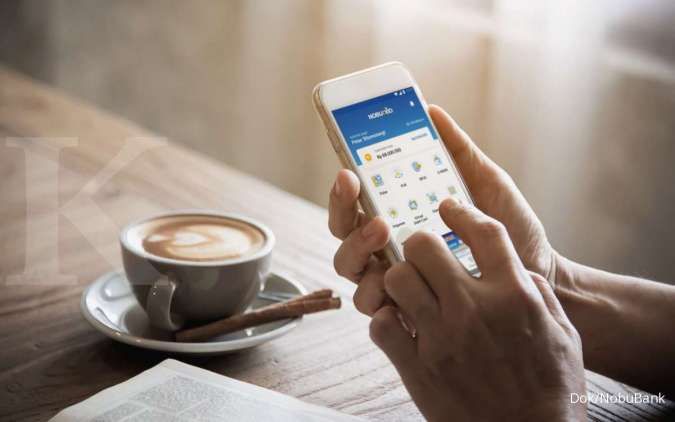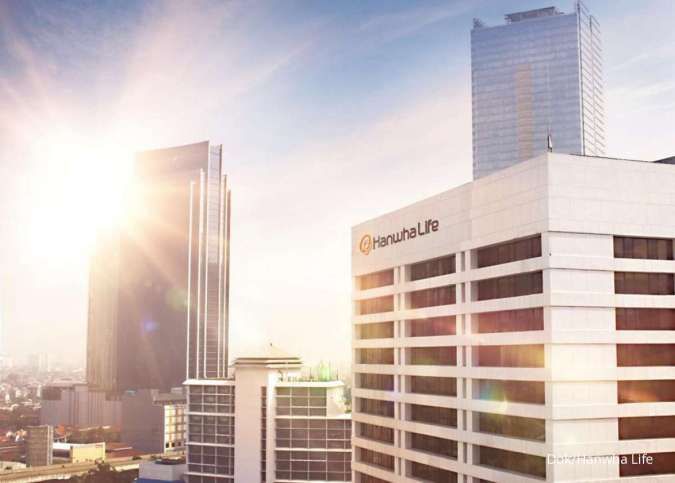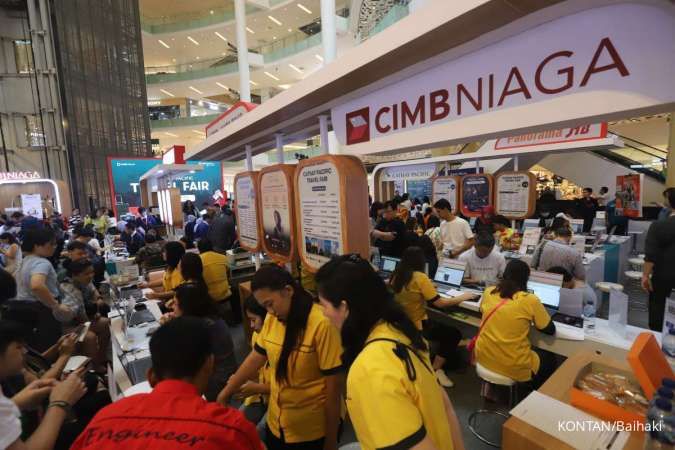MERGER DAN AKUISISI - JAKARTA. The shares of PT Bank MNC Internasional Tbk (BABP) and PT Bank Nationalnobu Tbk (NOBU), two issuers controlled by tycoons Hary Tanoesoedibjo and James Tjahaja Riady respectively, were the subject of negotiation in the market on Tuesday (30/4). Not only were the transactions large, but their values were also nearly identical, each amounting to Rp 560.3 billion.
The story begins with NOBU shares being traded at 15.28 Jakarta Automated Trading System (JATS) time, by a broker who is none other than PT Ciptadana Sekuritas Asia. The transaction price for the total 607,859,200 shares, equivalent to 8.13% of NOBU's fully paid-up capital, was divided into two.
Read Also: Homeco Victoria (LIVE) Expands Product Categories to Compete in the Capital Market
Firstly, as many as 607,859,200 NOBU shares were pegged at Rp 750 per share. Secondly, as many as 139,985,100 shares were traded at Rp 745 per share. As a result, the total value of all these transactions amounted to Rp 560,183,299,500.
Next, BABP began its transactions at 16.29 JATS time. The transaction price for the total 4,445,899,700 BABP shares occurred at Rp 126 per share. The transaction price through broker PT MNC Sekuritas was far above the market price of BABP at Rp 50 per share. As a result, the value of the negotiated transaction for 10% of BABP shares amounted to Rp 560,183,362,200.
After the market trading closed, there was no disclosure of information from either BABP or NOBU regarding the purpose and parties involved in the transactions. Just so you know, both banks have been reported since the end of 2022 to be planning to merge their businesses.
KONTAN has tried to contact BABP and NOBU. The same goes for KONTAN's request for an explanation from MNC Sekuritas as the selling broker. However, as of the time this news was published, KONTAN has not received any explanation.
An explanation came from the Executive Head of Banking Supervision and Member of the Financial Services Authority (OJK) Board of Commissioners, Dian Ediana Rae. The soaring price of BABP shares in the negotiation market, according to Dian, likely indicates a merger action between the two banks.
“The merger, which is a voluntary plan of the two banks, is aimed at strengthening the perception of improving performance,” said Dian on Wednesday (1/5).
Regarding the progress of the merger action, Dian explained, NOBU and BABP apparently still need time to carry out an “outright merger” because there are some things that have not yet been resolved.
The cross ownership efforts of each bank's shareholders, Dian continued, show their seriousness in smoothing the path for a more sustainable merger. “Cross ownership like this allows for the appointment of management in each bank, which naturally will be able to resolve the existing differences,” she explained.
This includes, Dian continued, who will become the resulting bank from the merger. Regarding the deadline, she stated that it is a voluntary merger and everything is going well while still observing its progress.
Dian also briefly responded to the recent news of Hanwa Life's plan to acquire 40% of NOBU shares. "That hasn't happened yet," she concluded.
Prospects after the merger
Alfred Nainggolan, Head of Research at Praus Capital, explained that the number of shares traded by BABP and NOBU each have a portion of about 10% of the total listed shares. The price of BABP shares at Rp 126 per share reflects a price to book value (PBV) of 1.6 times. Meanwhile, NOBU at a price of Rp 745 per share reflects a PBV of 1.7 times.
“It could also be that the purchase transaction of each 10% becomes the final transaction for the plan or story of the merger of the two banks,” he said.
Alfred added, the goal or result if both companies successfully merge is efficiency. In addition, the bank's capital will be stronger, for this capital-intensive industry.
According to Alfred, the merger or consolidation process is certainly not easy because it involves uniting two different companies, especially since both are banks from two large conglomerates, MNC and Lippo Group.
Not only from within, BABP and NOBU also have to convince their customers, especially deposit customers, that this corporate action will not significantly affect the company's liquidity.
After the merger, the resulting bank will fall into the KBMI II category or Core Capital Rp 6 trillion to Rp 14 trillion. In this category, competition is very strong, especially in the fight for liquidity, particularly cheap funds.
“If this merger action is realized, I hope that the interests or rights of minority shareholders (retail) can be accommodated or fulfilled,” Alfred concluded.
/2015/01/29/88736641p.jpg)

